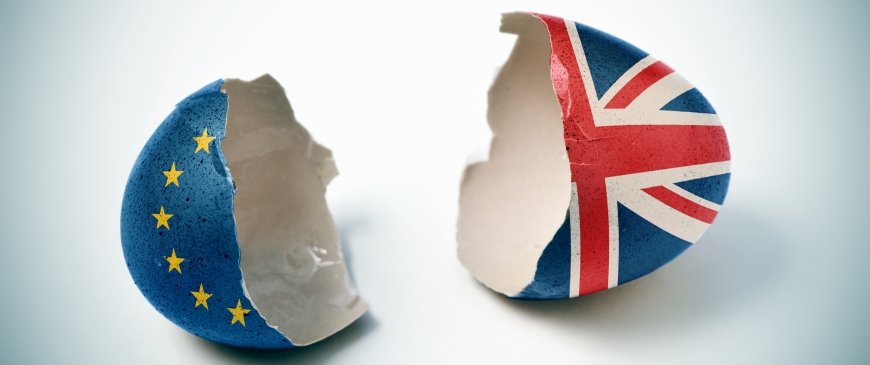
Judy Asks: Is the EU's architecture collapsing?
The EU’s architecture is not collapsing yet, but the European project could well fall apart if political leaders are complacent about the populist surge in Europe.
Populists have had good reason to open the champagne in 2016. The refugee crisis has put EU solidarity to the test. Britain’s decision in June to leave the EU proved that the European project is not irreversible. And to cap it all, the United States elected Donald Trump as president—a man with more affection for Russia’s President Vladimir Putin than for any EU leader. Next year looks equally gloomy, as the Netherlands and France are gearing up for elections that will probably boost opponents of the EU: Geert Wilders of the Dutch Party for Freedom and Marine Le Pen of the French National Front.
And yet, mainstream politicians act as if they don’t realize that this populist backlash poses an existential threat not only to the EU but also to the international security order. Viktor Orbán, the Hungarian prime minister, argued that Trump’s victory would be good for Europe and for Hungary. Elsewhere in the EU, mainstream leaders have refused to confront populists and address problems that fueled bigotry in the first place. Instead, they have often copied populist arguments to lure voters back. But this will not make the problem of populism go away. On the contrary, it could be yet another nail in the coffin of the EU.
Agata Gostyńska-JakubowskaResearch fellow at the Centre for European Reform.
Read the full article here.
